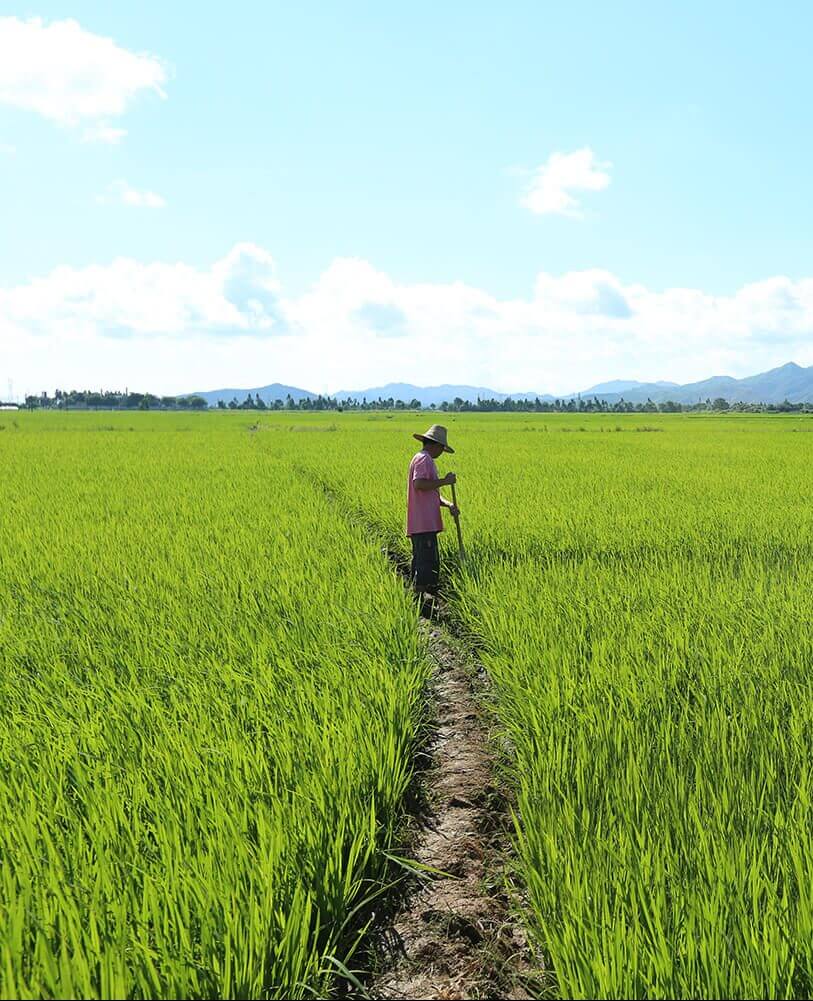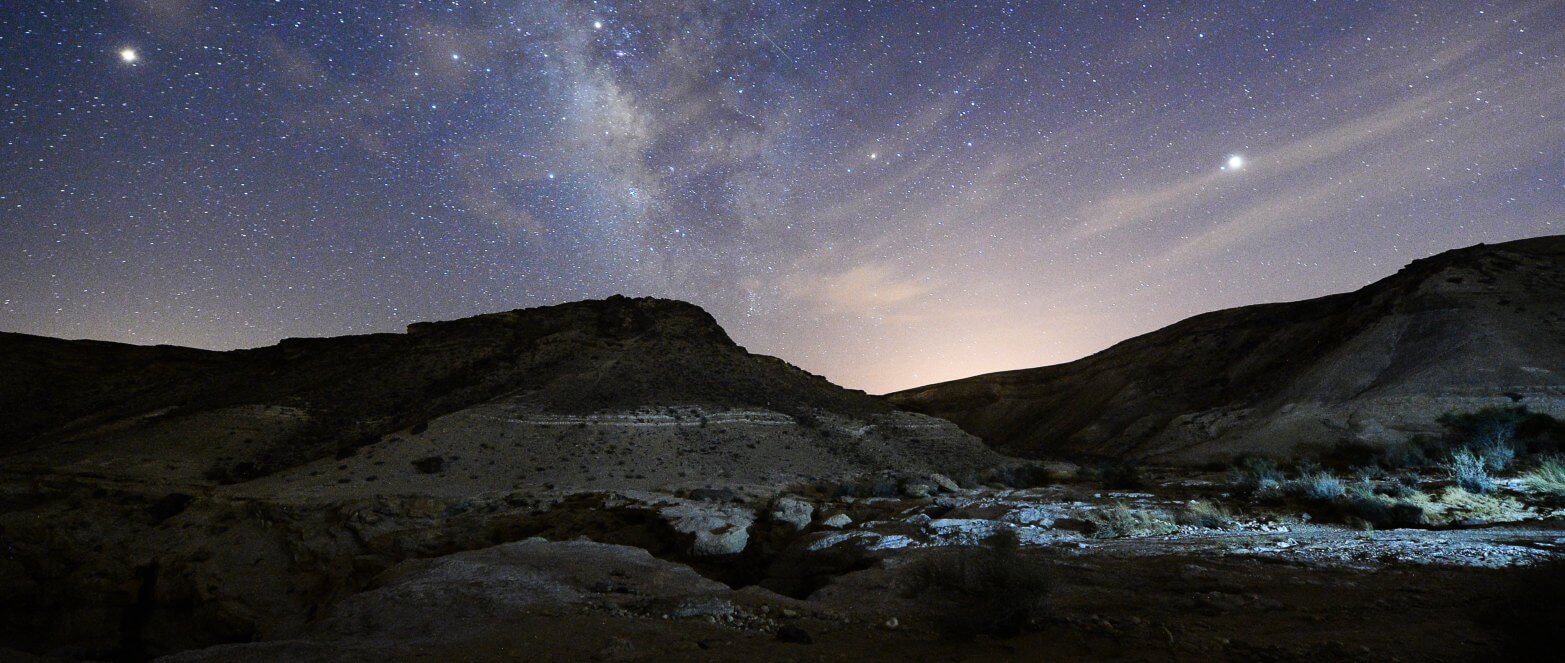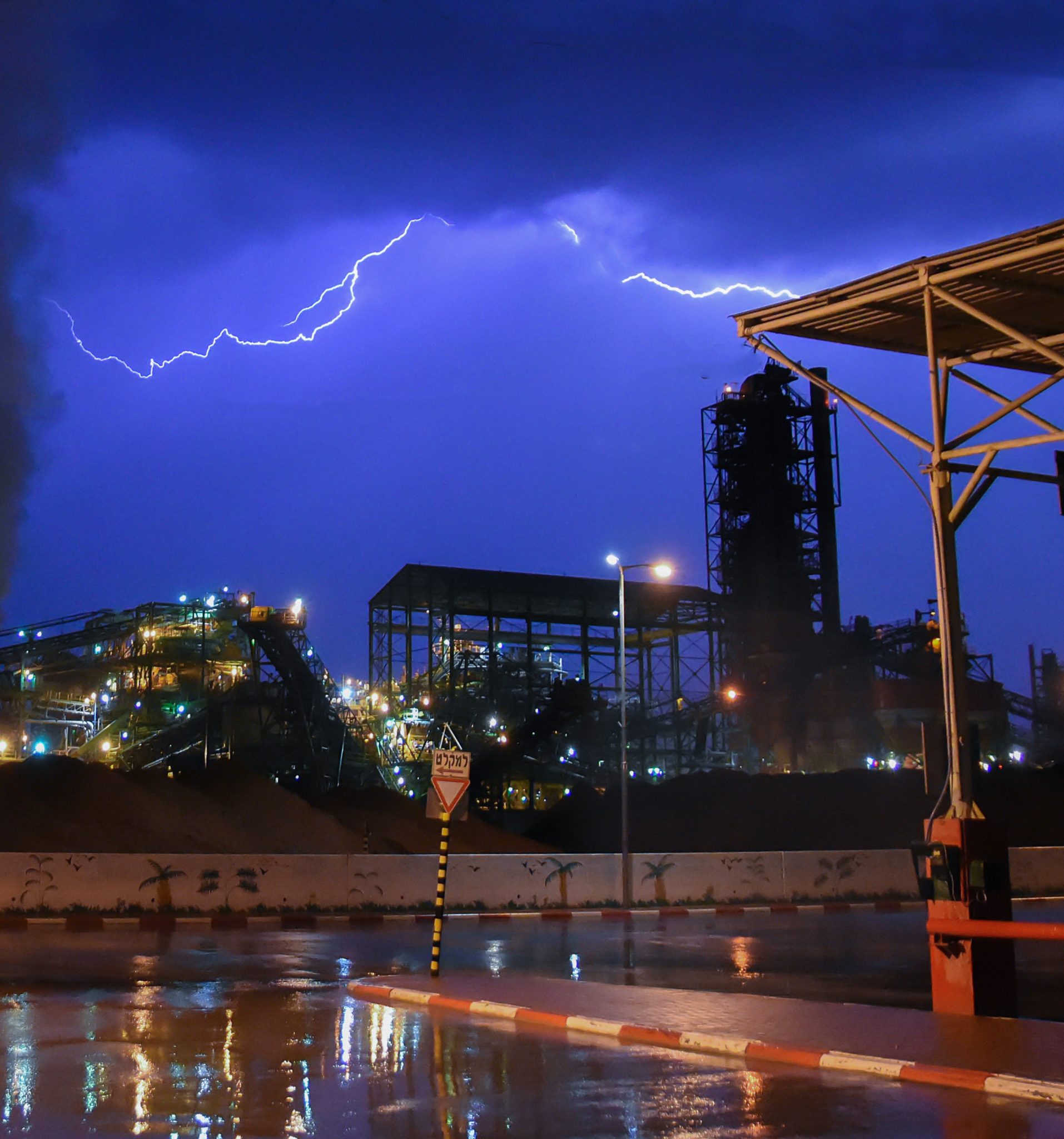
Controlled Release Fertilizers
ICL is a global leader in controlled release fertilizers which enhance nutrient efficiency and minimize leaching and volatilization into the environment. These products enable growers around the world to reduce fertilizer usage and simultaneously achieve higher quality crops and yields with a lower environmental impact. Revolutionizing Fertilizers with Controlled Release Fertilizers CRF is considered the fertilizer technology with the highest nutrient use efficiency. 2.4 By 2030, ensure sustainable food production systems and implement resilient agricultural practices that increase productivity and production,[...]





